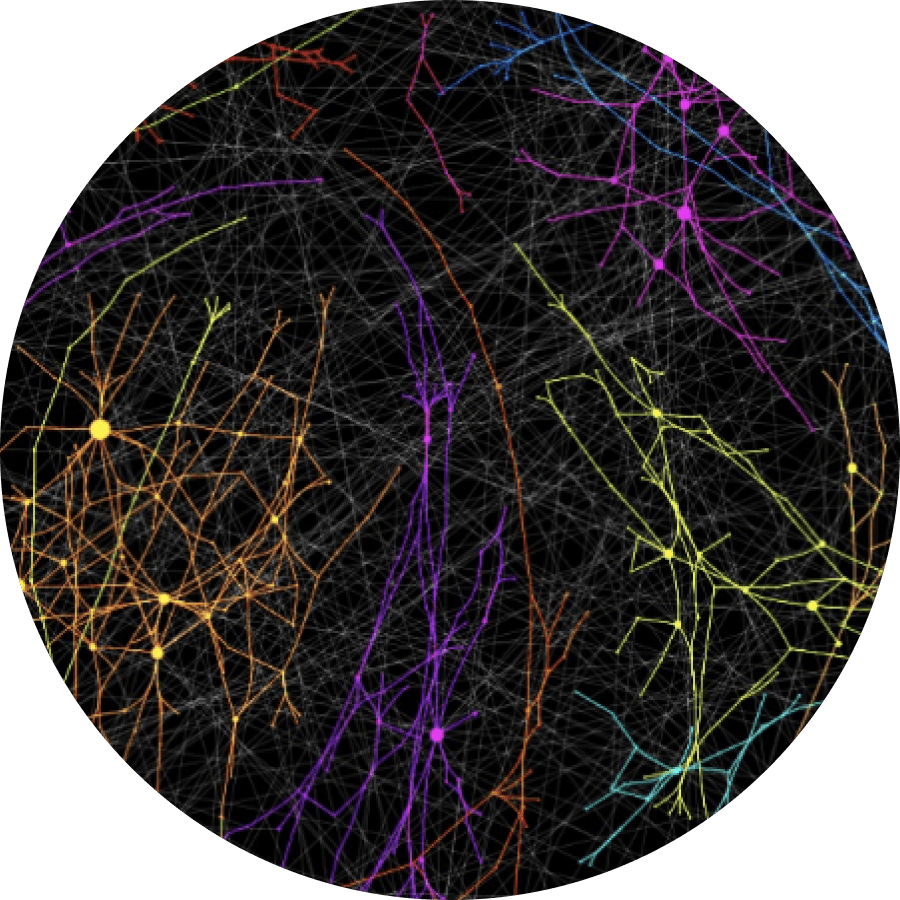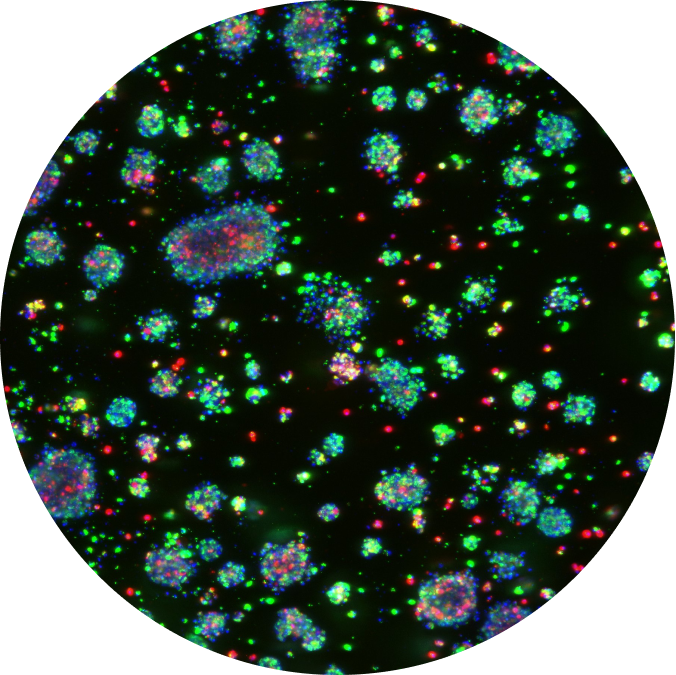PathOS Platform
We have built a proprietary platform and operating model called PathOS™ to gain crucial insights and act on them at scale. Our approach combines insilico analyses using a genetically validated framework with biological modeling to design clinical trials optimized for speed, patient response, and, ultimately, drug approval.

